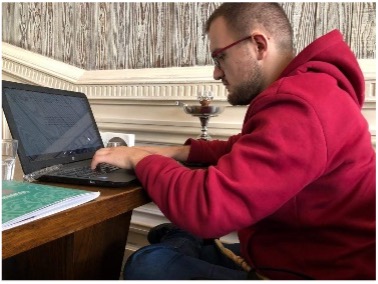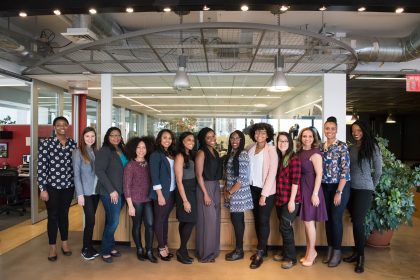By Paul Kawkabany – https://www.linkedin.com/in/paul-kawkabany-b7b2a811a/
Each of us has a primary learning style from which we operate. We also use all of the styles. Our learning style, also described as a representational system, is also used for memory and decision making
As you read through the following learning styles, reflect to identify which representational system you employ the most. You may find the results surprising!
VISUAL: Someone whose primary contact with the world is through their eyes. They:
- Pay particular attention to how they look, how their home looks, and how others look.
- May find it difficult to concentrate on excessive visual activity.
- Recall faces more easily than names.
- Prefer to see your facial reactions in person, as opposed to talking over the phone.
AUDITORY: Someone who mainly operates from an auditory representational system. They:
- Are more aware of a subtle change in the tone of your voice and more responsive to certain tones of voice.
- Learn best by listening and asking questions.
- Enjoy taking part in discussions.
- Prefer to communicate through spoken language as supposed to writing.
- Talk through problems.
- Prefer to have someone available that can bounce ideas off.
- Are sequential in their thinking.
- Are able to remember instructions and directions more easily.
KINESTHETIC: Someone whose preferences include hands-on doing and deep feeling. They:
- Are more aware of their bodies and their feelings.
- Respond to physical rewards and touch.
- Speak slower than others because are getting in touch their feelings.
- Learn by doing, moving, or touching.
- Make decisions based on how they feel.
READING & WRITING: Reading and writing learners enjoy words on paper. They:
- Prefer learning through words.
- Take copious, detailed notes.
- Are avid readers.
- Easily translate concepts into writing.
- Prefer articulating themselves through writing rather than oral presentations.
During coach training we learned that by adjusting to a client’s learning style we develop rapport and support their empowerment.




